Net Lease Cap Rates Stable in Q1
Investor demand, especially from private sources, should keep the net lease market active in 2017, noted The Boulder Group President Randy Blankstein. But the effect of interest rates on cap rate volatility will remain a primary focus for net lease participants this year.
By Randy Blankstein, President, The Boulder Group
 Cap rates in the first quarter of 2017 for the single-tenant net lease retail sector remained at 6.19 percent after experiencing their first increase since the third quarter of 2013 in the prior quarter. Cap rates for the office and industrial sectors increased by 4 basis points and 10 basis points, to 7.12 percent and 7.27 percent, respectively. Following a robust 2015 with more than $58 billion in net lease sales, 2016 experienced a slight decline in transaction volume of approximately 7 percent to approximately $54 billion, according to CoStar. The slowdown in 2016 transaction volume can be mostly attributed to the uncertainty surrounding rising interest rates and the future results of the 2016 election.
Cap rates in the first quarter of 2017 for the single-tenant net lease retail sector remained at 6.19 percent after experiencing their first increase since the third quarter of 2013 in the prior quarter. Cap rates for the office and industrial sectors increased by 4 basis points and 10 basis points, to 7.12 percent and 7.27 percent, respectively. Following a robust 2015 with more than $58 billion in net lease sales, 2016 experienced a slight decline in transaction volume of approximately 7 percent to approximately $54 billion, according to CoStar. The slowdown in 2016 transaction volume can be mostly attributed to the uncertainty surrounding rising interest rates and the future results of the 2016 election.
In the first quarter of 2017, the net lease market experienced a significant new supply of properties to the market. The overall market increased its supply by approximately 20 percent when compared to the fourth quarter of 2016. The majority of the supply increase came from the retail sector, which increased by 24 percent. The overall sentiment is that we are in the late stages of this real estate cycle. Accordingly, property owners are selling assets in the current market to take advantage of the historically low cap rate environment.
The overall net lease market remains active with 1031 and private investors due to the passive nature of the leases and stable investment returns that the net lease asset class can provide. In 2016, the majority of all transactions were facilitated by private investors. Private investors typically prefer long-term leases to credit tenants. Accordingly, during the first quarter cap rates for recently constructed properties tenanted by Advance Auto Parts and CVS compressed by 15 basis points and 25 basis points, respectively, despite the overall market.
The net lease market is expected to remain active in 2017 as investor demand, especially private investor demand, for this asset class remains. As noted in a recent national survey conducted by The Boulder Group, the effect of interest rates on cap rate volatility will be the primary focus for net lease participants, as most net lease participants believe that cap rates will increase by the end of 2017.

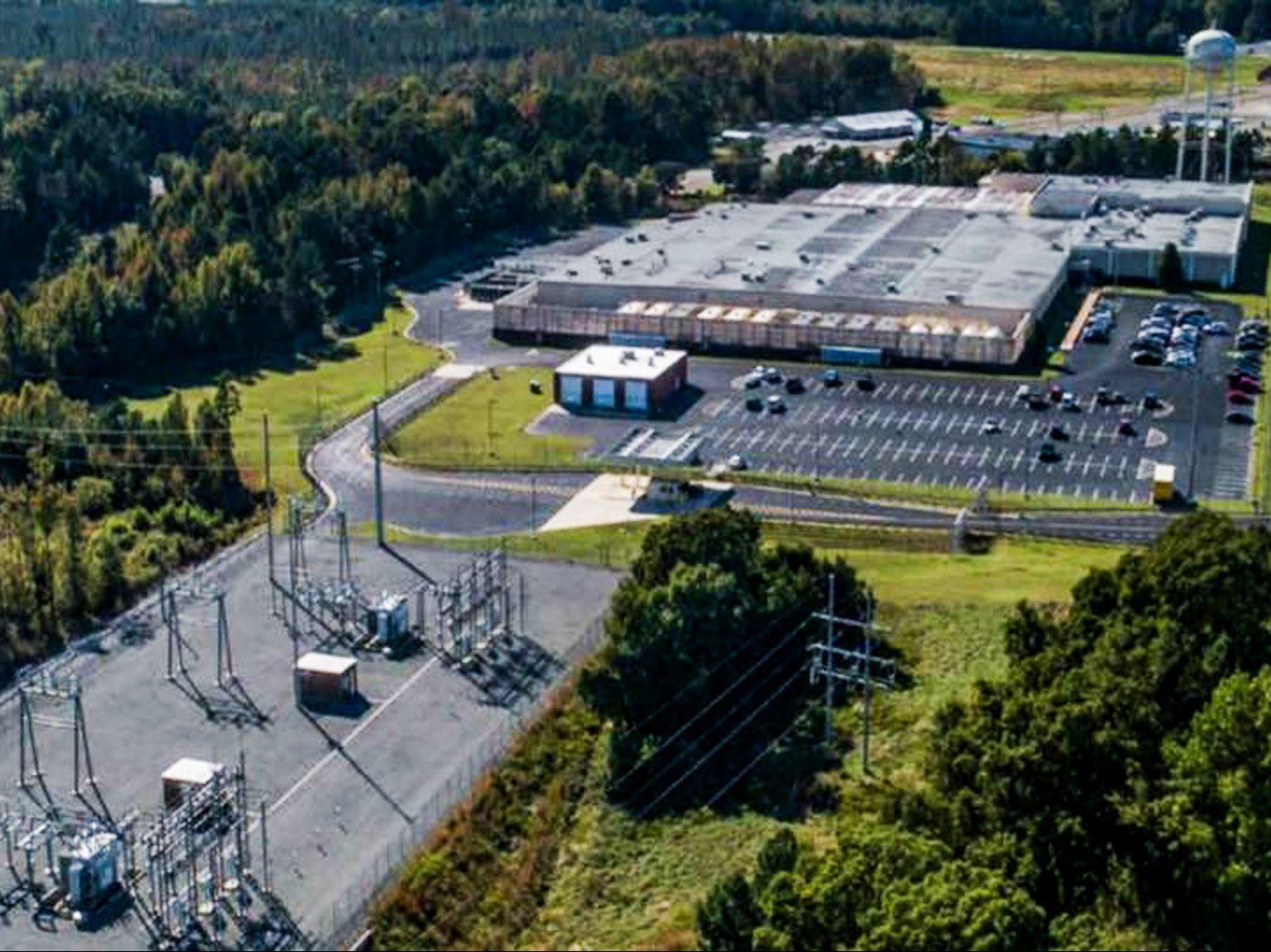
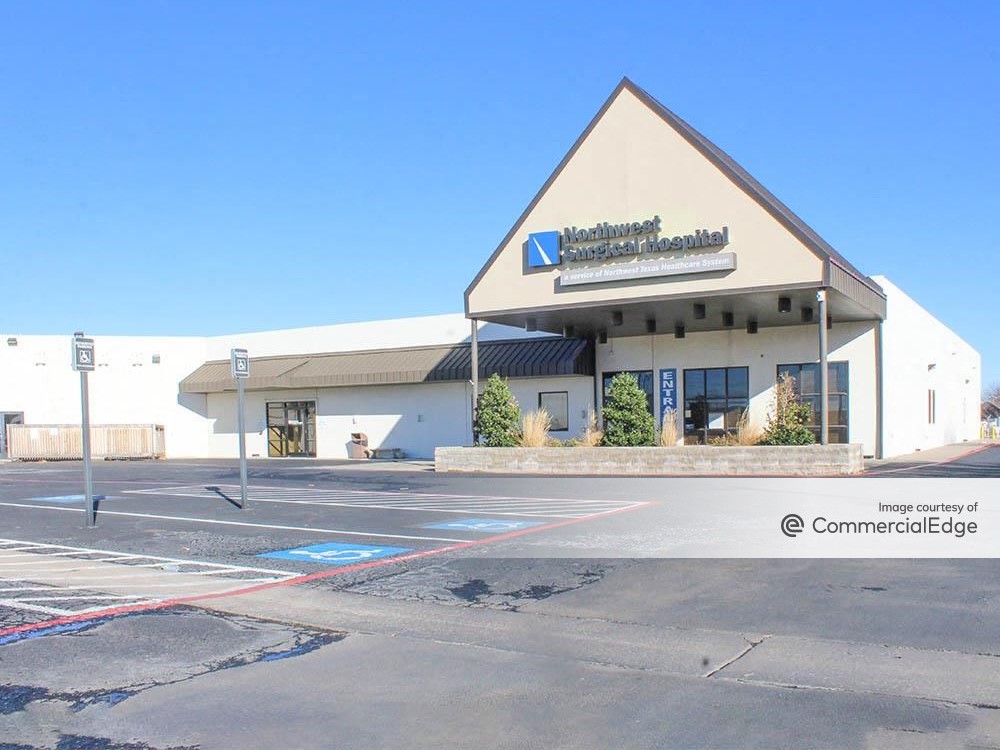
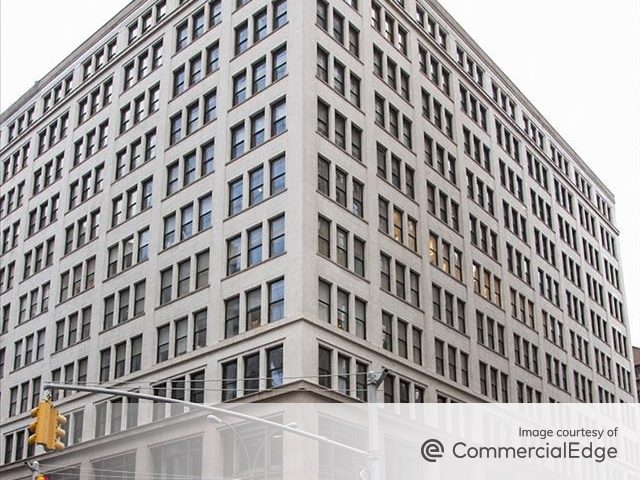
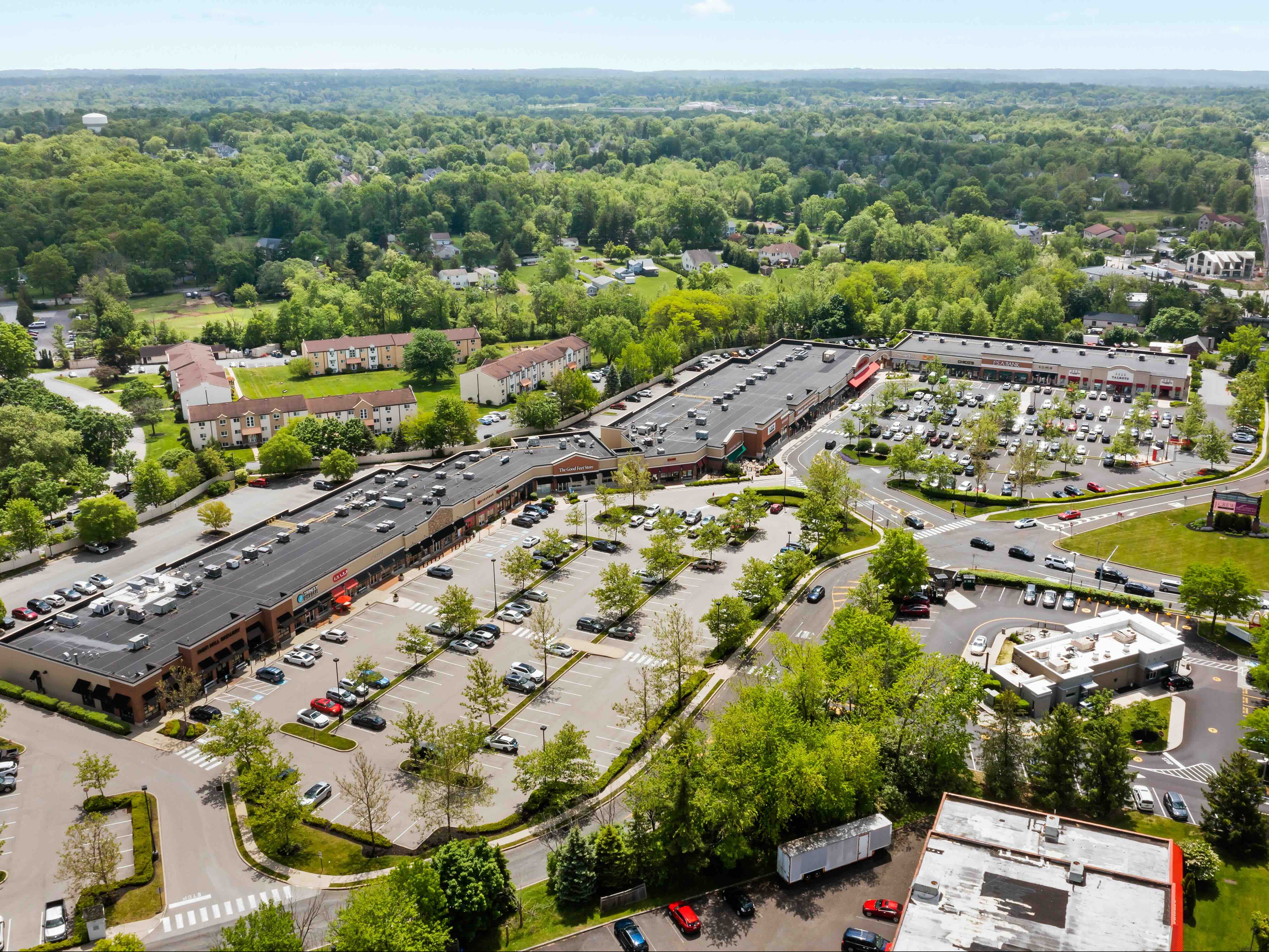
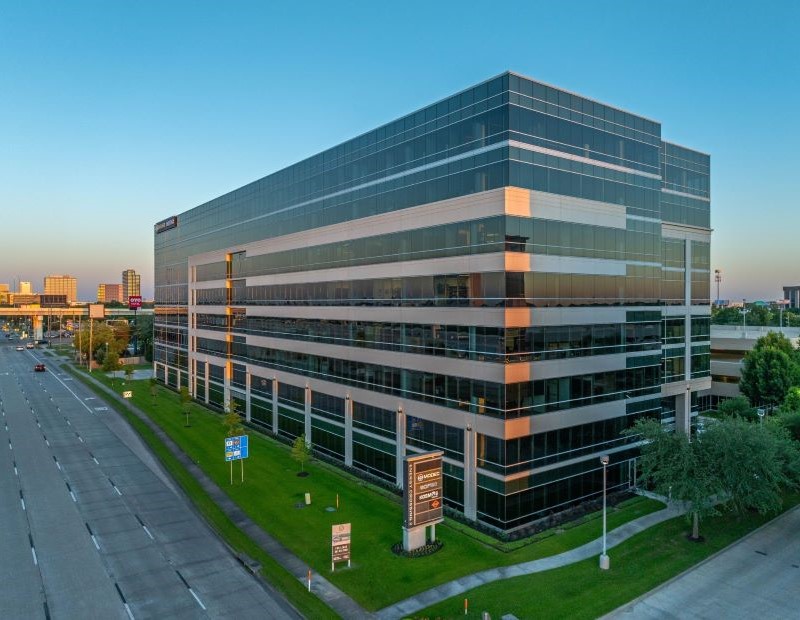

You must be logged in to post a comment.